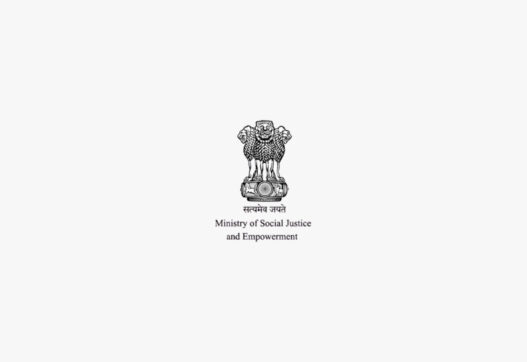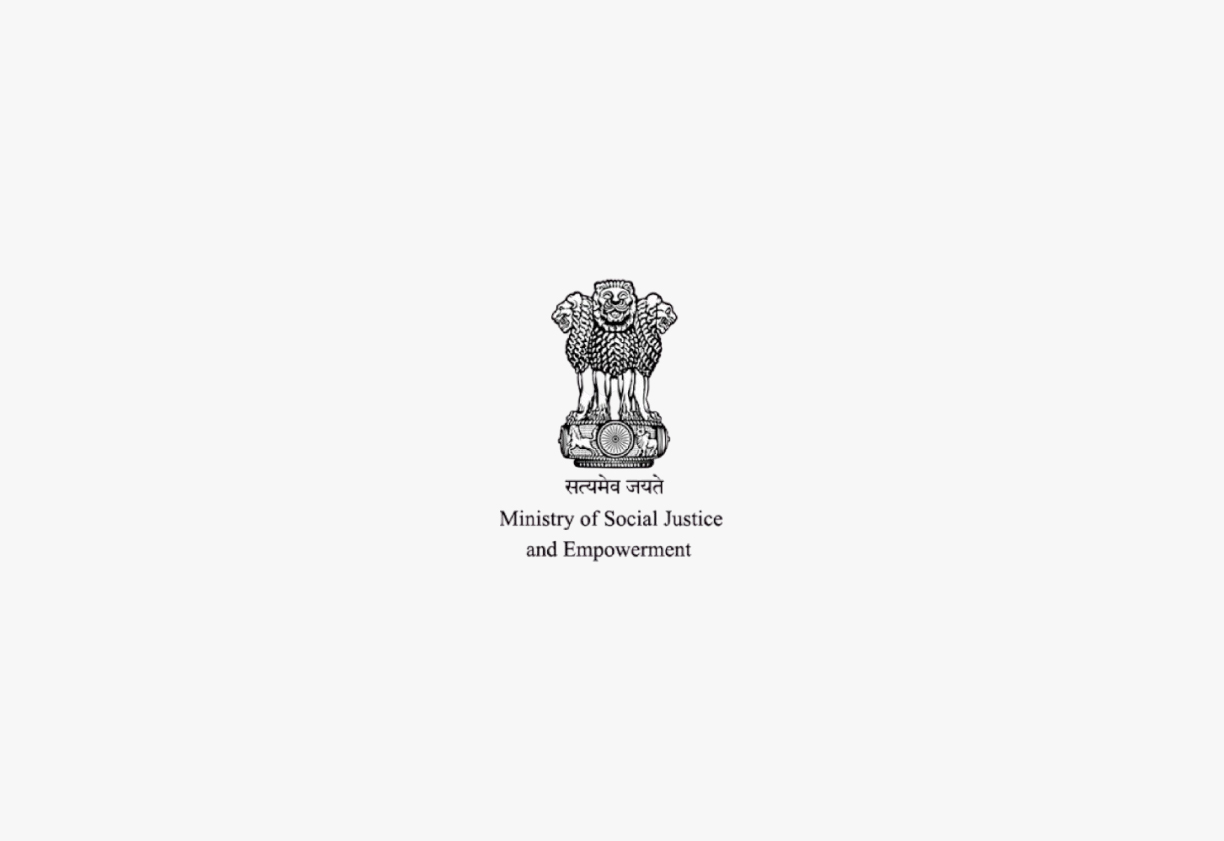Ministry of Social Justice and Empowerment
The Protection of Civil Rights Act, 1955 (originally the Untouchability (Offences) Act, 1955), was enacted to criminalize the practice of “untouchability” and enforce the abolition of any disabilities arising from it. This Act is a cornerstone of India’s efforts to eradicate this deeply rooted social evil and ensure equal rights for all citizens, especially those belonging to Scheduled Castes. This Act falls under the Ministry of Social Justice and Empowerment.
Enactment Date, Number of Chapters, Number of Sections:
The Protection of Civil Rights Act was enacted on May 8, 1955, and came into force on June 1, 1955. It consists of 17 sections and a schedule listing repealed enactments. The Act is not divided into chapters.
Act Governed By:
The Act is enforced by law enforcement agencies and the judiciary. State Governments have certain powers under the Act, such as imposing collective fines.
On Whom It Is Applicable:
The Act applies to all persons in India. It is particularly relevant for protecting the rights of individuals belonging to Scheduled Castes and Scheduled Tribes who have historically been subjected to the practice of “untouchability.”
Penalties/Punishments:
The Act prescribes punishments for various offenses related to the practice of “untouchability,” including imprisonment and fines. Penalties are enhanced for subsequent convictions. The Act also empowers State Governments to impose collective fines on communities that engage in or abet the practice.
Important Pointers:
-
Criminalizes the enforcement of any disabilities arising from “untouchability.”
-
Prohibits the denial of access to public places, services, and amenities based on caste.
-
Outlaws compelling any person to do scavenging or other similar work based on “untouchability.”
-
Provides for the cancellation or suspension of licenses for those convicted of offenses under the Act.
-
Empowers State Governments to impose collective fines in certain cases.
-
Establishes presumptions to aid in the prosecution of offenses.
-
Protects actions taken in good faith under the Act.
-
Makes offenses under the Act cognizable and triable summarily.




